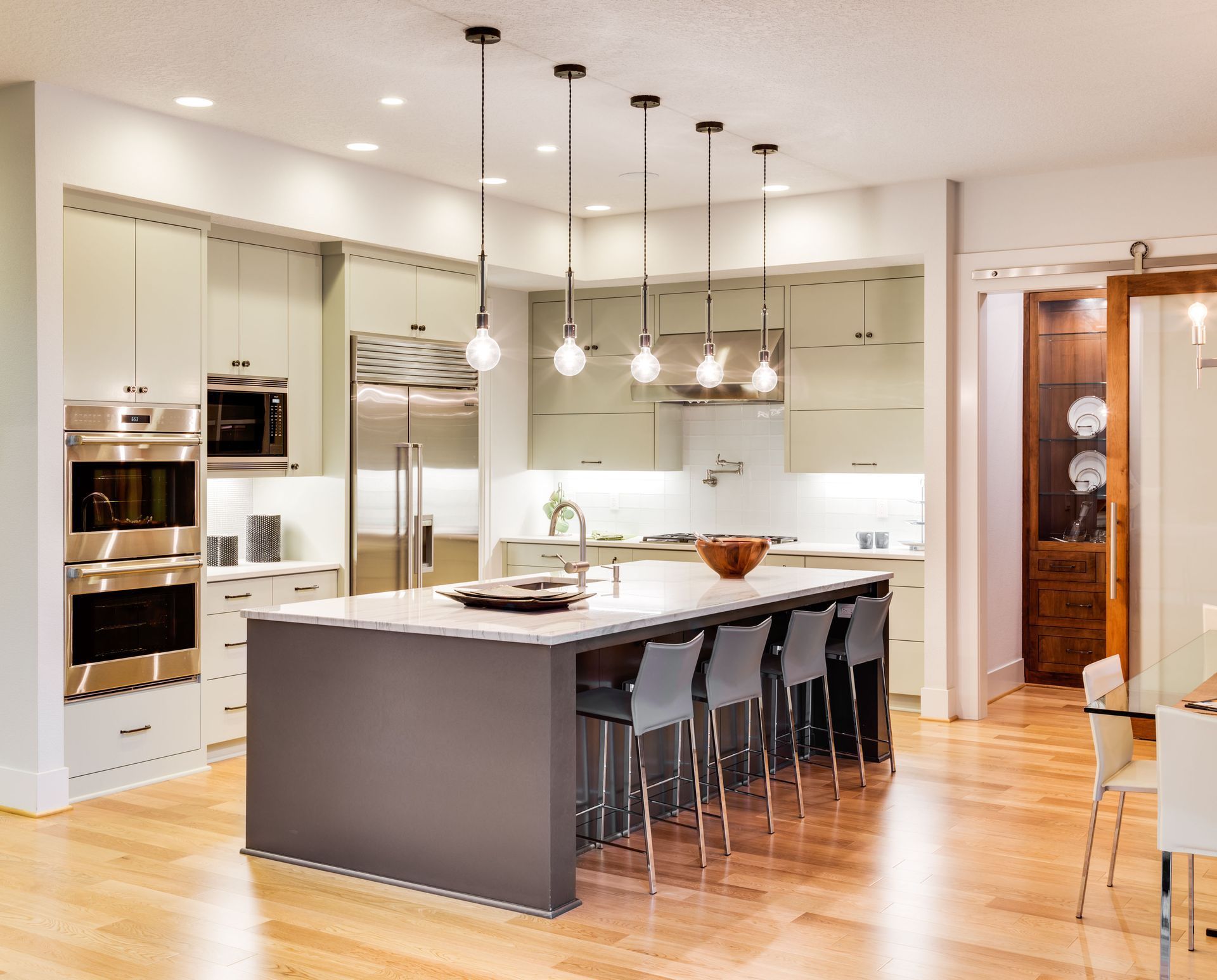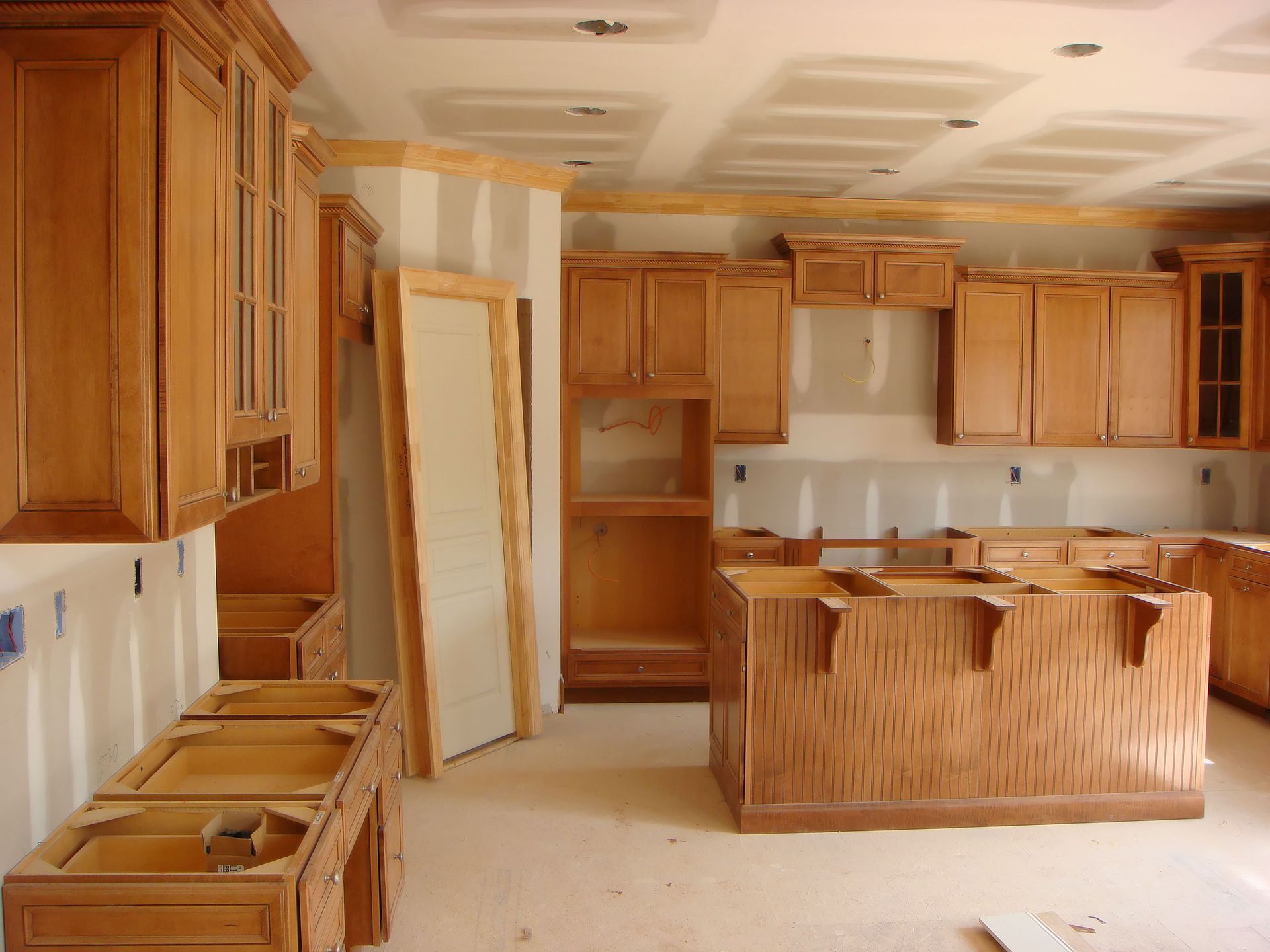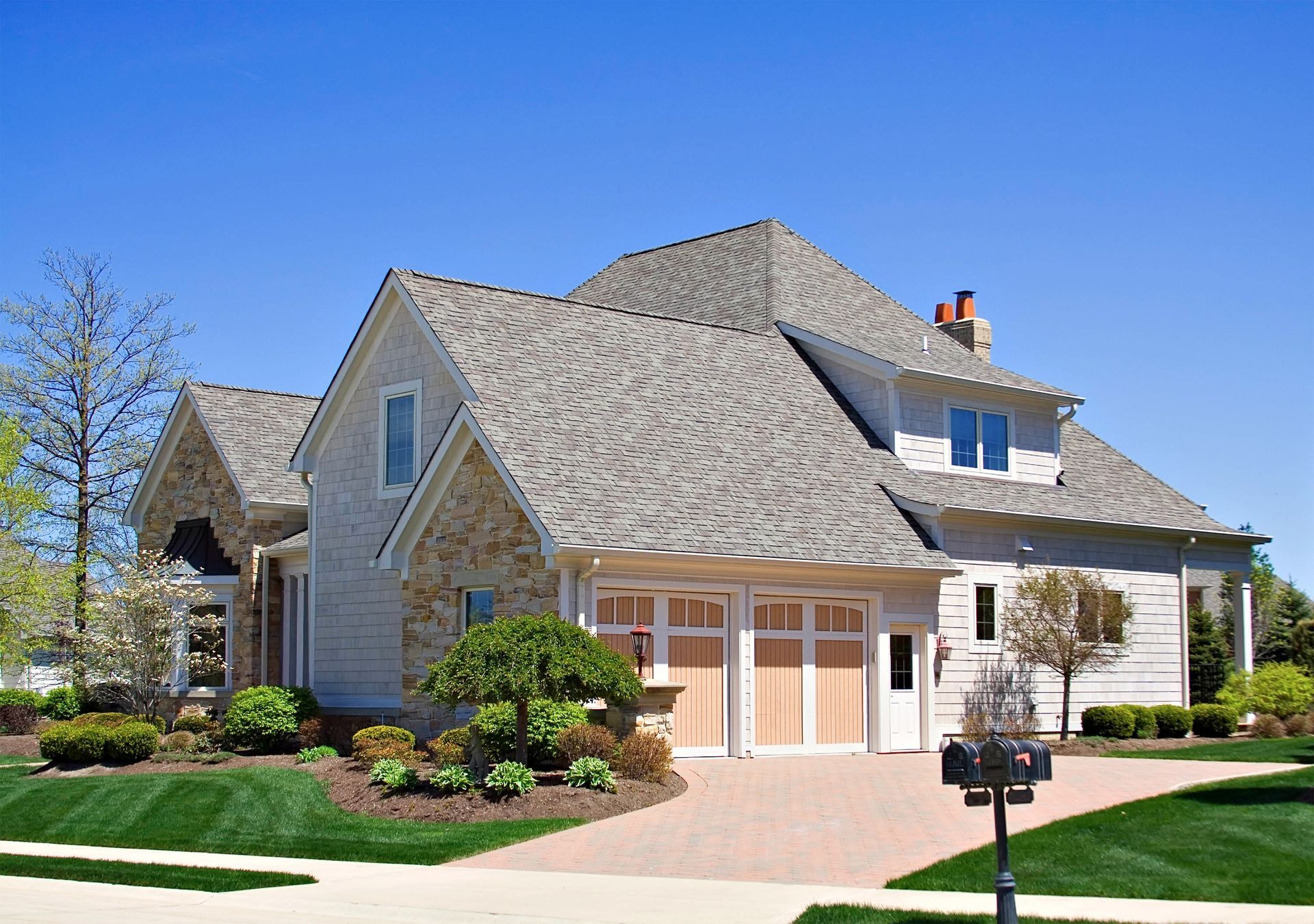How to Budget for Your Home Remodel: Expert Tips and Strategies
Home remodeling can be an exciting journey, transforming your living space into a reflection of your style and family needs. However, without careful financial planning and a good renovation contractor, remodeling can quickly become a financial drain. A well-thought-out budget is crucial to ensure your project enhances your home's value while safeguarding your financial health. In this blog post, we will explore essential tips and strategies to help you budget effectively for your home remodel, ensuring a smooth and financially sound renovation process.
Determine Your Remodeling Goals
Before diving into the financial details, take the time to establish clear objectives for your home remodel. Are you aiming to increase your home’s resale value, or is this more about enhancing your living space for your comfort and enjoyment? By defining your goals, you’ll better understand which areas necessitate higher investment and which aspects can be more economical. This clarity will form the foundation for an effective budgeting process.
Research and Estimate Costs
Take advantage of online resources and local contractors to get an understanding of the typical costs associated with your desired renovations. Detailed research will provide a realistic pricing range for your project, helping you avoid unexpected expenses. It's worth noting that, according to Grand View Research, the U.S. residential remodeling market size was estimated at USD 527.36 billion in 2023, reflecting the scale and demand for remodeling projects nationally. Use this data as a benchmark to assess if your costs align with industry standards.
Create a Comprehensive Budget
Once you've gathered cost estimates from the renovation contractor, it’s time to create a detailed budget. List each aspect of the remodel, from materials and labor to permits and contingencies. Be sure to allocate a portion of your budget for unexpected expenses, around 10-20%, to cover any unforeseen obstacles or changes in your plan. This thoughtful preparation will help keep your project on track without compromising on quality or vision.
Consider Financing Options
Many homeowners find themselves in need of financing to complete their remodel. Options include home equity loans, refinancing, or personal loans. Each choice has its pros and cons, so it’s crucial to calculate the total cost, including interest, over time. Consult with financial advisors or bankers to understand which option best aligns with your financial situation and project scope.
Negotiate and Monitor Expenditures
Don’t shy away from negotiating the costs with contractors to help stay within your budget. Obtaining several quotes from various service providers can give you leverage to negotiate better terms and prices. Once the project is underway, keep a close watch on your expenditures. Monitoring costs against your budget will help you make timely adjustments, ensuring your project progresses smoothly without financial strain.
Factor in Design and Material Choices
Design elements and material selections can drastically impact your budget. Custom cabinetry, luxury countertops, and high-end fixtures may elevate your space, but they come at a cost. Evaluate where premium materials will make the most impact and where you can opt for cost-effective alternatives that maintain aesthetic appeal and durability. Smart material choices can help stretch your budget without compromising on style.
Account for Permit and Inspection Fees
Depending on the scope of your remodel and local regulations, you may need permits and inspections before work can begin. These fees vary by municipality but should not be overlooked when creating your budget. Failing to account for these expenses can delay your project and lead to compliance issues. Contact your local building department early in the planning phase to understand the requirements and associated costs.
Plan for Temporary Living Expenses
If your remodel renders part of your home unusable—especially kitchens or bathrooms—you may need temporary accommodations. This could include short-term rentals, storage units, or increased dining and laundry expenses. Be sure to include these potential costs in your overall budget so you're not caught off guard mid-project.
Budgeting for a home remodel doesn't have to be daunting. With clear goals, thorough research, and a comprehensive budgeting plan, you can ensure that your remodeling project not only enhances your living space but also aligns with your financial goals. By staying informed and strategic throughout the process, you can achieve your dream renovation without compromising your financial well-being. Always remember, careful planning and a flexible approach are the keys to a successful home remodeling budget. Be sure to reach out to LTC Construction, Inc today for more information on our professional renovation contractor services!












